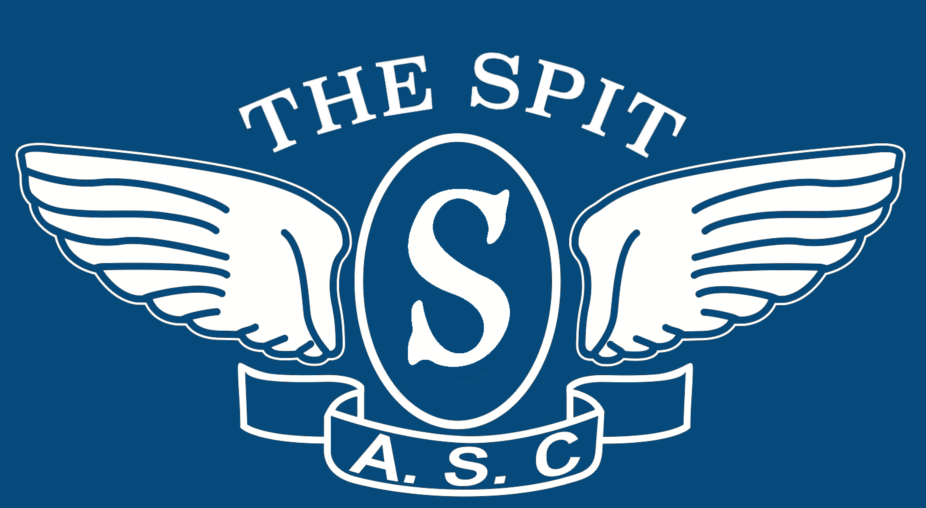A mixture of skills is needed to manage a project effectively.
Plan the team, its activities and the resources that are required for the project.
Communication of the project’s plan to members of the project team, as well as other stakeholders.
Estimating and budgeting time, costs and quality required to achieve the project goals.
Plan and adjust the project timeline in order to account for difficulties or changes in scope.
Recording project outcomes, evaluating the project’s efficiency and preparing for the transition to new projects.
Define the project’s role and assigning each task to one of the team members.
Breaking big massive, overwhelming projects into smaller tasks that are more manageable and milestones.
Use tools like Gantt charts or a Work Breakdown Structure (WBS) to create an interactive timeline to plan tasks, modify schedules, and link tasks.
Collaboration with different team members and stakeholders to be aware of their needs, concerns, and expectations.
Create a common vision and a communication strategy to ensure that all team members are aware of the objectives of the project and how they are aligned with the goals of the company. They must also be aware of their roles in achieving these goals.
Make sure that all team members, stakeholders, and other interested parties are included in the entire project from the beginning to the end.
Making sure all aspects of the project, including deliverables, communications, as well as risk management are documented and saved to be used in the future.
Once the project has been completed An effective project manager monitors any outstanding invoices and arranges an end-of-project meeting to discuss the project’s success or highlight ways that similar projects can be improved.
